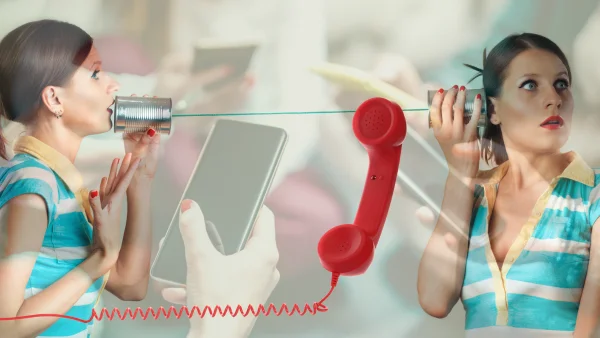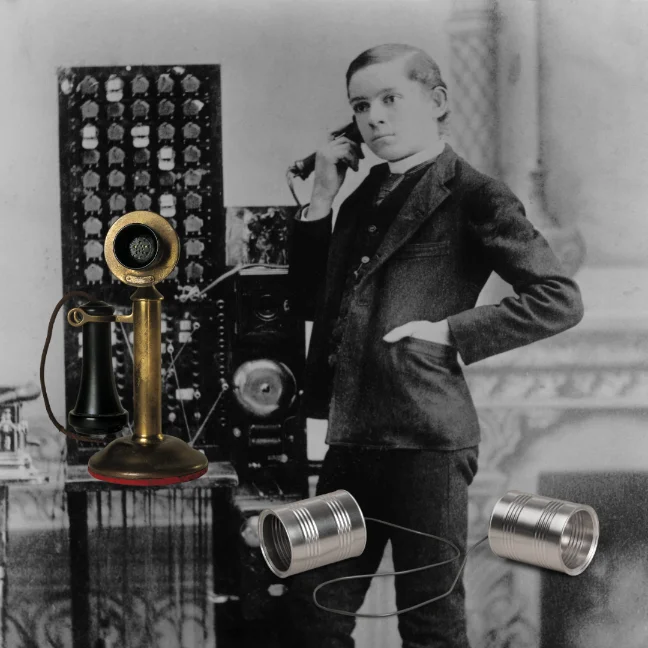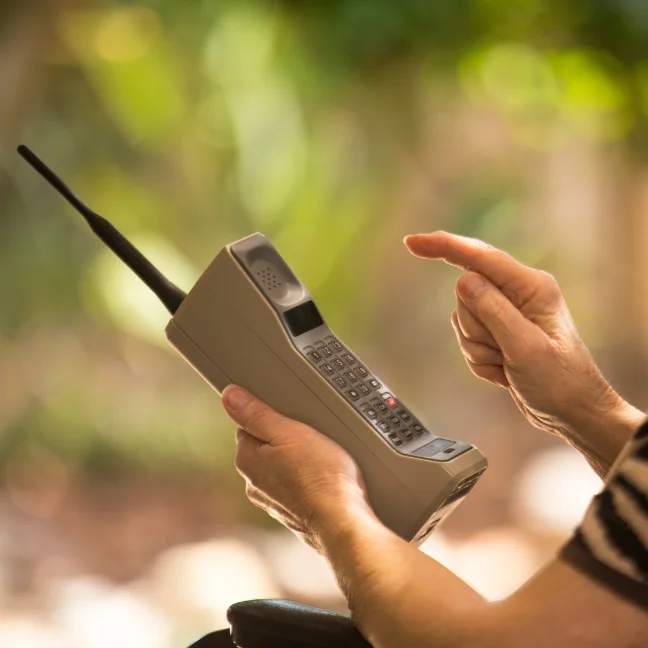
The history of telephones is a captivating tale of innovation and transformation, starting with Alexander Graham Bell’s groundbreaking invention in 1876. From the days of rotary dial phones to today’s sleek smartphones, the evolution of telecommunication has been nothing short of extraordinary.
Let’s embark on a journey through time to discover how telephones have evolved and shaped the way we communicate.

The Birth of Telephones
The story begins with Bell’s invention, which allowed people to speak to each other over long distances for the first time. It was a revolutionary breakthrough that changed the world forever.

The Rise of Landlines
In the early to mid-20th century, landline telephones became fixtures in households and workplaces worldwide. With rotary dials or push-button keypads, they facilitated communication over copper wire networks.

The Mobile Phone Revolution
In the 1980s, mobile phones burst onto the scene, offering the freedom to communicate wirelessly. While clunky and expensive at first, they paved the way for the mobile revolution that followed.

The Era of Smartphones
In the 21st century, smartphones took centre stage, combining the functionality of phones, computers, cameras, and more. They revolutionised how we connect, work, and interact with the world around us.

The Future of Telecommunication
Looking ahead, the future of telephones holds boundless potential. With advancements like 5G, AI, and augmented reality on the horizon, we’re on the brink of a new era of communication.
From Bell’s invention to the era of smartphones and beyond, the journey of telephones is a testament to human ingenuity and progress. As we continue to push the boundaries of technology, one thing remains constant: the telephone will always be at the heart of how we connect and communicate with one another.
Leave a Reply Cancel reply
You must be logged in to post a comment.


